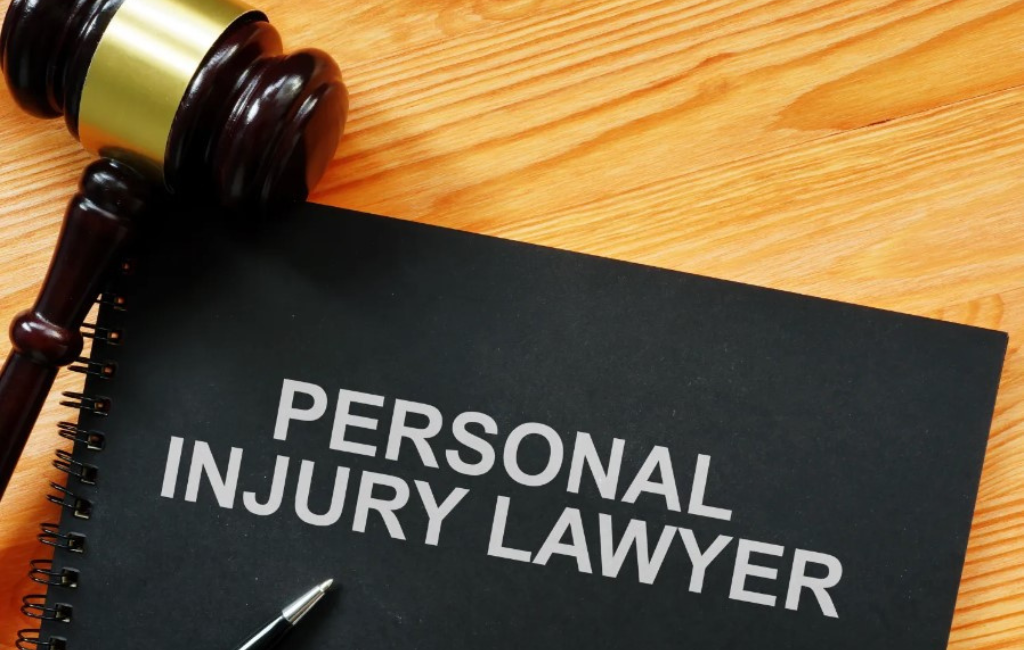-
Table of Contents
- Personal Injury Lawyer to Secure Compensation
- Understanding Personal Injury Law
- Types of Personal Injury Cases
- The Role of a Personal Injury Lawyer
- Case Evaluation
- Negotiation with Insurance Companies
- Litigation
- Benefits of Hiring a Personal Injury Lawyer
- Case Study: Car Accident Settlement
- Statistics on Personal Injury Cases
- Choosing the Right Personal Injury Lawyer
- Conclusion
Personal Injury Lawyer to Secure Compensation
When accidents happen, the aftermath can be overwhelming. Medical bills, lost wages, and emotional distress can take a toll on anyone. This is where a personal injury lawyer comes into play. These legal professionals specialize in helping victims secure the compensation they deserve. This article explores the role of personal injury lawyers, the types of cases they handle, and the benefits of hiring one.
Understanding Personal Injury Law
Personal injury law, also known as tort law, allows an injured person to file a lawsuit to get a legal remedy for all losses stemming from an accident or other incident. The purpose of the personal injury system is to allow the injured person to be compensated financially or “made whole” after suffering harm due to someone else’s negligent or intentional conduct.
Types of Personal Injury Cases
- Car Accidents
- Medical Malpractice
- Workplace Injuries
- Slip and Fall Accidents
- Product Liability
Each of these cases requires a different approach and expertise. For instance, car accident cases often involve dealing with insurance companies, while medical malpractice cases require a deep understanding of medical procedures and standards.
The Role of a Personal Injury Lawyer
A personal injury lawyer provides legal representation to individuals who claim to have been injured, physically or psychologically, as a result of the negligence or wrongdoing of another person, company, government agency, or any entity. They perform several key functions:
Case Evaluation
The first step is evaluating the case to determine its merits. This involves gathering facts, reviewing medical records, and consulting with experts if necessary. The lawyer will assess the extent of the injuries and the impact on the victim’s life.
Negotiation with Insurance Companies
Insurance companies often aim to minimize payouts. A personal injury lawyer negotiates with these companies to secure a fair settlement. They understand the tactics used by insurers and can counter them effectively.
Litigation
If a fair settlement cannot be reached, the lawyer will take the case to court. This involves filing a lawsuit, presenting evidence, and arguing the case before a judge or jury. The goal is to obtain a favorable verdict that compensates the victim adequately.
Benefits of Hiring a Personal Injury Lawyer
Hiring a personal injury lawyer offers several advantages:
- Expertise: Personal injury lawyers have specialized knowledge and experience in handling such cases.
- Objectivity: They provide an objective perspective, which is crucial when emotions are running high.
- Resources: Lawyers have access to resources such as medical experts and investigators that can strengthen the case.
- Higher Settlements: Studies show that victims represented by lawyers receive higher settlements compared to those who represent themselves.
Case Study: Car Accident Settlement
Consider the case of Jane Doe, who was involved in a severe car accident. She suffered multiple injuries and was unable to work for several months. The insurance company offered her a settlement that barely covered her medical expenses. Jane decided to hire a personal injury lawyer. The lawyer gathered evidence, consulted with medical experts, and negotiated with the insurance company. Eventually, Jane received a settlement that covered her medical bills, lost wages, and provided compensation for her pain and suffering.
Statistics on Personal Injury Cases
Statistics provide a clear picture of the impact of personal injury cases:
- According to the National Center for Health Statistics, approximately 31 million people are injured across the United States each year that require medical treatment.
- The Insurance Research Council reports that victims who hire a personal injury lawyer receive settlements that are 3.5 times higher than those who do not.
- The Bureau of Justice Statistics states that 60% of personal injury cases involve motor vehicle accidents, 17% are related to medical malpractice, and 13% are due to product liability.
Choosing the Right Personal Injury Lawyer
Choosing the right lawyer can make a significant difference in the outcome of a case. Here are some tips for selecting a personal injury lawyer:
- Experience: Look for a lawyer with experience in handling cases similar to yours.
- Reputation: Check reviews and testimonials from previous clients.
- Communication: Choose a lawyer who communicates clearly and keeps you informed about the progress of your case.
- Fee Structure: Understand the lawyer’s fee structure. Many personal injury lawyers work on a contingency fee basis, meaning they only get paid if you win your case.
Conclusion
Personal injury lawyers play a vital role in helping victims secure the compensation they deserve. They bring expertise, objectivity, and resources to the table, significantly increasing the chances of a favorable outcome. Whether it’s a car accident, medical malpractice, or any other type of personal injury case, having a skilled lawyer by your side can make all the difference. By understanding the role of these legal professionals and the benefits they offer, victims can make informed decisions and take the necessary steps to protect their rights and secure their future.
